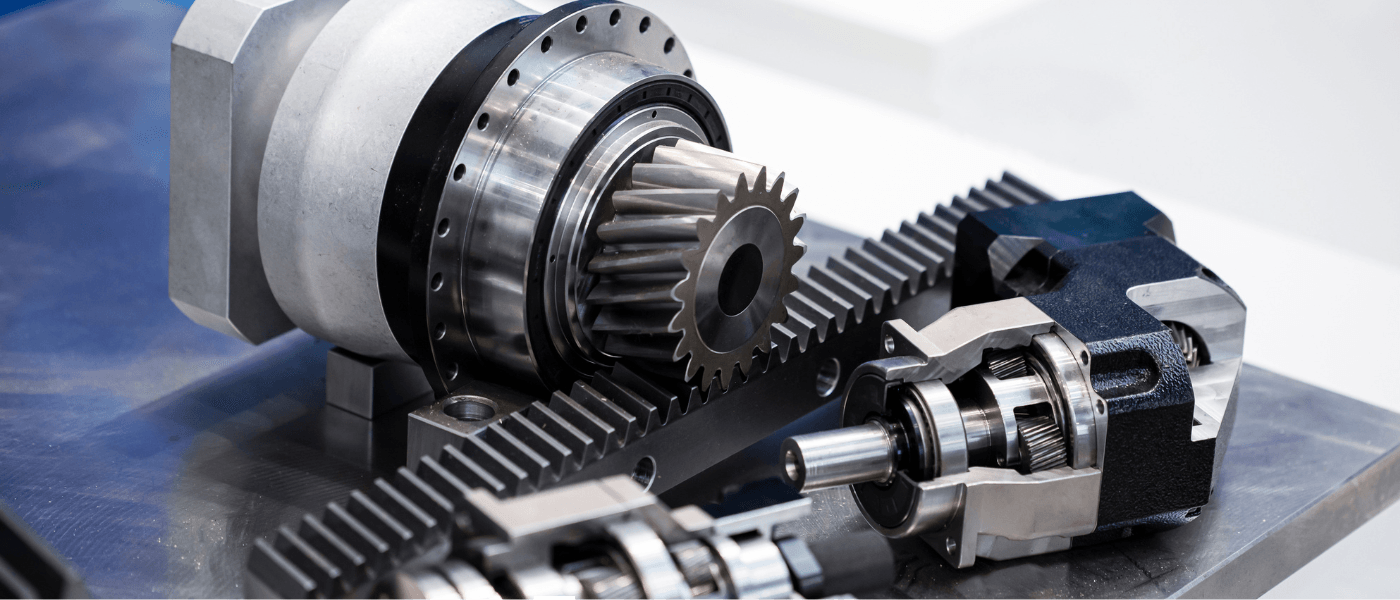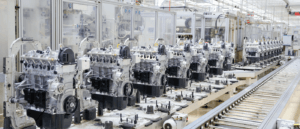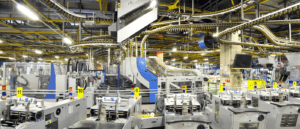Finding the right supplier for automation parts can make or break the efficiency and reliability of your operations. The right partner won’t just sell you parts; they’ll offer insights, support, and flexibility to meet your specific needs. I’ve worked as automation part suppliers for years, and I know how crucial it is to find someone you can trust—who understands your industry and delivers consistent quality.
In this guide, I’ll walk you through what to look for in a supplier to ensure you get high-quality parts, reliable service, and a partner invested in your success.
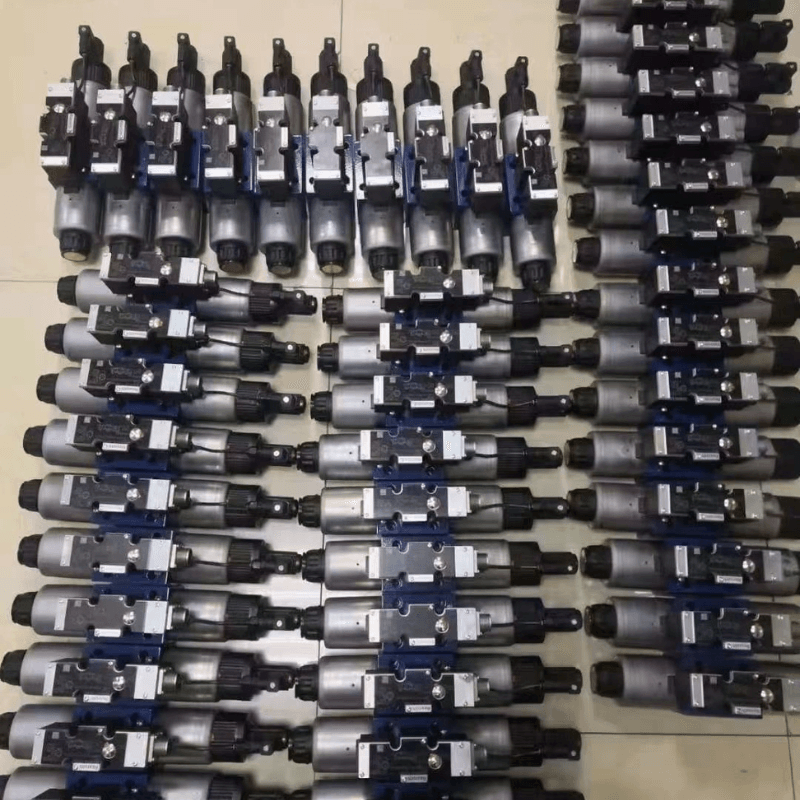
Understanding Your Needs and Goals
Before diving into potential suppliers, it’s essential to assess your needs and objectives clearly. Ask yourself: What type of automation parts are most critical to my operations? Do I need parts from specific brands, or am I open to various options? Defining your requirements will make it easier to communicate your needs and evaluate suppliers.
Another aspect to consider is your long-term goals. For instance, if you’re planning to scale your production or add new technology to your system, a supplier who can grow with you is invaluable. In my experience, companies that consider both present and future needs find suppliers who support them better in the long run.
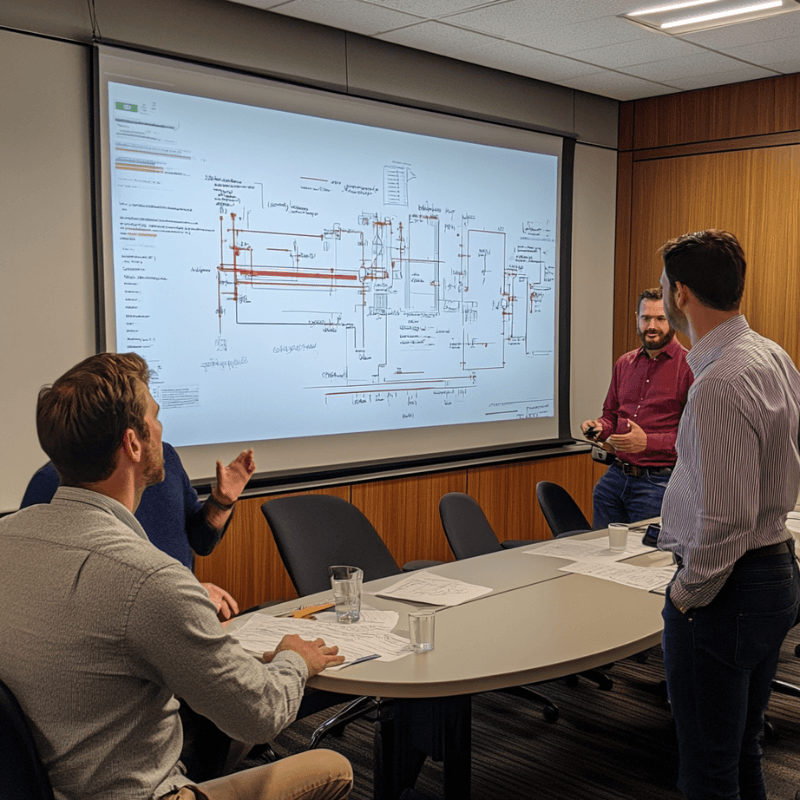
Evaluating Product Quality and Range
When selecting an automation parts supplier, quality is key. Poor-quality parts lead to frequent repairs, production delays, and, ultimately, lost revenue. Look for suppliers who offer a variety of parts from reputable brands. Check whether they carry well-known names like Siemens, Allen-Bradley, or Schneider Electric, as these brands have established reputations for durability and performance.
One effective approach is to ask for product samples or read detailed specifications. High-quality parts are built to last, and a reputable supplier should be transparent about the performance and lifespan of each part. Reviewing product ranges is also helpful. Suppliers with extensive catalogs can provide you with all the parts you need, simplifying your procurement process.
Reliability and Delivery Time
The last thing you want is a supplier who can’t deliver on time, especially when production relies on quick turnarounds. Look for suppliers who maintain a well-stocked inventory and can fulfill orders quickly. Reliable suppliers often have strong logistics networks, so they can provide prompt delivery even in urgent situations.
In my work, I’ve seen how choosing a reliable supplier with dependable delivery schedules can prevent costly production downtimes. A supplier who values punctuality helps you avoid delays that could disrupt your operations and impact customer satisfaction.
Uni Regal Corp. Ltd: A Partner You Can Rely On
At Uni Regal, we understand how essential quality and reliability are in automation parts. We’ve built our reputation by offering high-quality components, from PLCs and HMIs to servo motors and inverters. We carry trusted brands like Mitsubishi, Omron, and ABB to ensure our clients get dependable parts that support efficient and seamless operations.
One thing we’re particularly proud of is our dedication to customer service. We believe in more than just selling parts; we want to be your partner in automation. Whether you’re looking for a specific part or need guidance on integrating a new system, we’re here to help every step of the way. This level of commitment sets Uni Regal apart and is something we’re always working to improve.
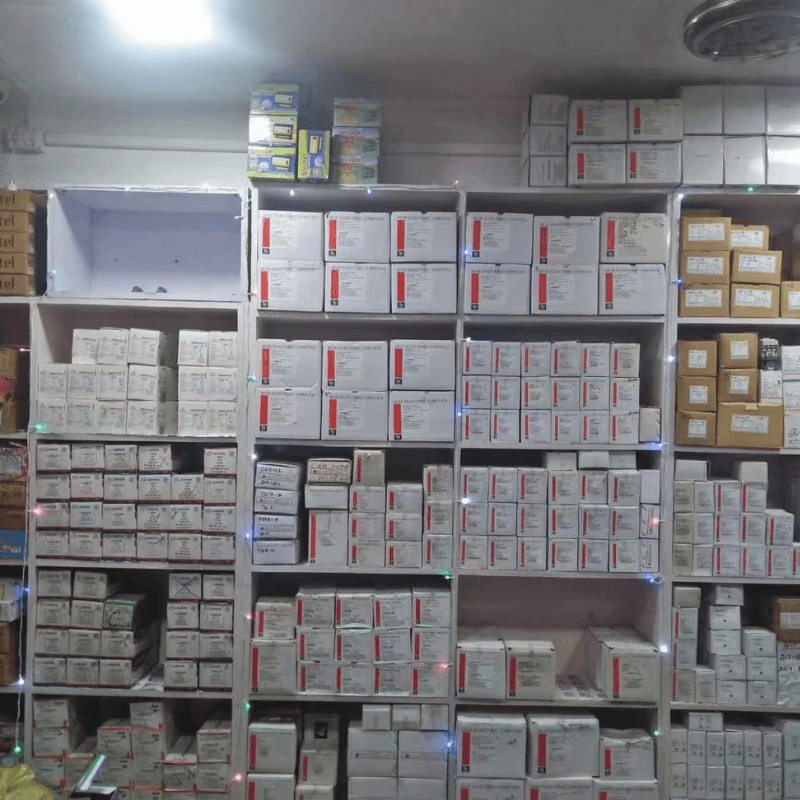
Technical Support and Expertise
In the world of industrial automation, having access to expert support is priceless. A good supplier will not only provide parts but also offer technical support to help you install, integrate, and troubleshoot those parts. Look for suppliers with a strong technical team who are available to assist when issues arise, so you’re not left scrambling during downtime.
Personally, I find that technical support can make a huge difference. When you work with a supplier who knows the ins and outs of automation parts, you gain a partner who can help prevent small issues from escalating into costly repairs or operational failures.

Transparent Pricing and Value for Money
While pricing is always a consideration, it’s essential to remember that cheaper parts may end up costing more in the long run due to maintenance, repairs, or replacements. Instead of focusing only on the lowest price, look for suppliers who offer a balance of quality and affordability. Reputable suppliers are transparent about their pricing and can help you understand the long-term value of the products you’re purchasing.
At Uni Regal, we’re dedicated to offering competitive pricing without compromising quality. We believe that building trust through transparent pricing helps our clients make informed decisions, ensuring they invest in parts that will benefit their operations for years to come.
Customization and Flexibility
Each industrial setup is unique, so a one-size-fits-all approach rarely works in automation. Some suppliers offer customization options, which can be valuable if your operations require specific modifications. Suppliers who provide flexible solutions can tailor automation parts to your specifications, ensuring they fit seamlessly into your existing systems.
In my experience, suppliers who listen to your specific needs and offer tailored solutions can save you significant time and money. Customization isn’t always necessary, but having the option gives you the flexibility to make adjustments that suit your operations best.
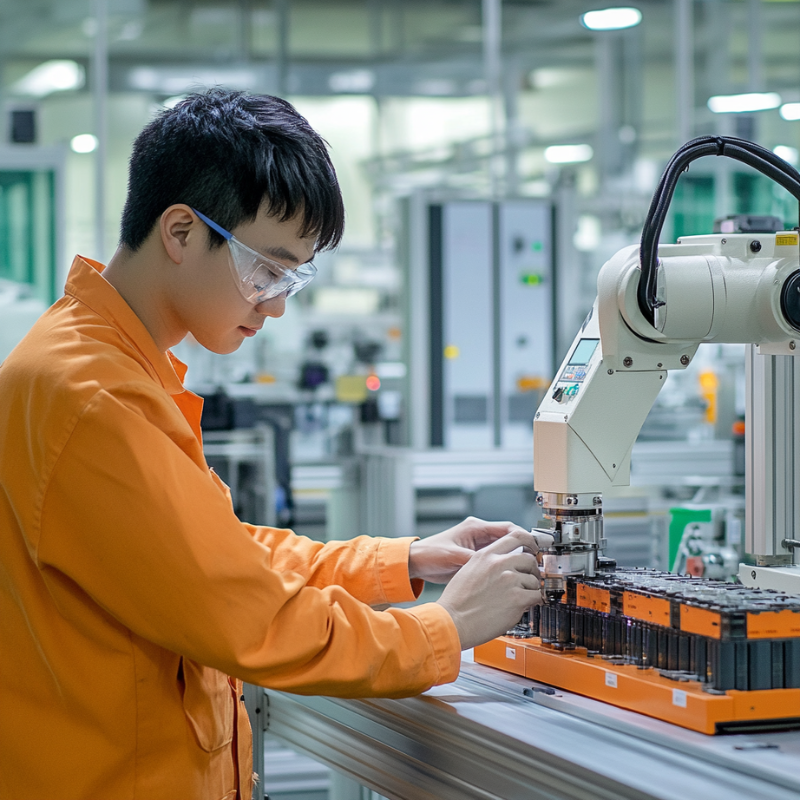
Brand Reputation and Industry Experience
A supplier’s reputation is often a good indicator of their reliability and quality. Established suppliers with a strong reputation in the automation industry are generally more trustworthy, as they have a proven track record. Researching reviews, asking for client references, or checking how long the supplier has been in the industry can provide insights into their dependability.
For example, Uni Regal has served clients across various industries for years, and our experience has taught us the importance of adaptability, consistency, and quality. Choosing a supplier with industry experience provides confidence that they’ll meet your needs, no matter how complex.
Post-Sale Support and Maintenance
Once the sale is complete, you want a supplier who continues to offer support, particularly in case of issues or maintenance needs. Post-sale support can include everything from technical assistance to parts replacements, and it’s a good sign if a supplier provides follow-up services to ensure customer satisfaction.
In my work with automation, I’ve seen how valuable post-sale support can be. Whether it’s answering a quick question or resolving a technical issue, responsive after-sales support keeps your systems running smoothly and minimizes disruption.
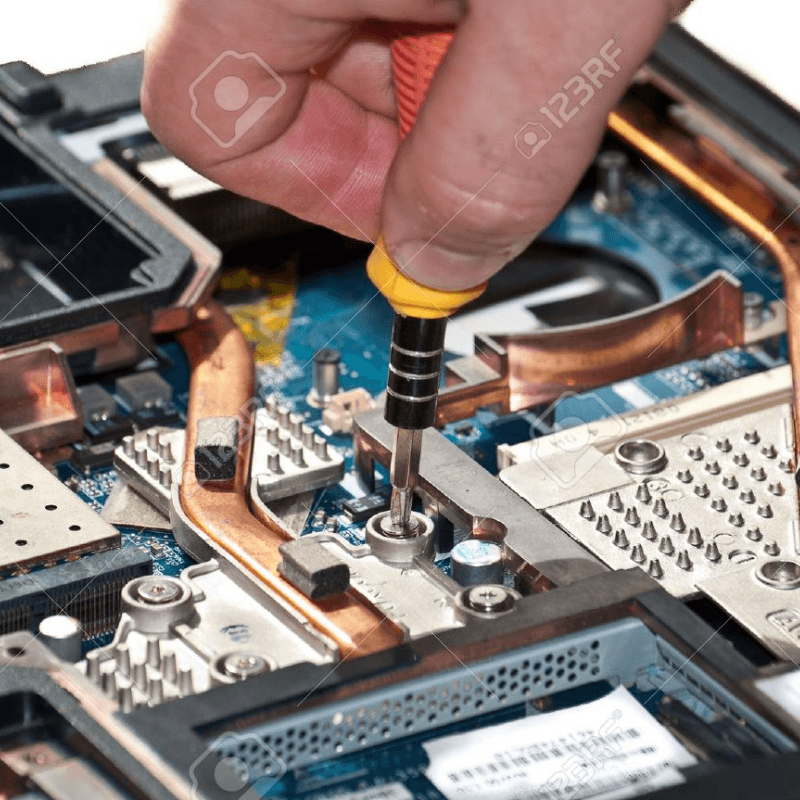
Compliance and Certifications
Industrial automation parts need to meet specific standards, especially in regulated industries. Working with a supplier who provides certified and compliant parts ensures you’re adhering to necessary safety, environmental, or quality standards. Certifications like ISO can be a reliable indicator that the supplier prioritizes high standards in both products and services.
A compliant supplier takes some of the pressure off, especially in regulated industries where parts and processes must meet specific codes. Look for suppliers who are upfront about their compliance with industry standards and can provide certifications for their products.

Conclusion
Selecting the right supplier for automation parts is about more than finding a vendor—it’s about forming a partnership. A reliable supplier will provide you with quality parts, technical support, and flexibility, helping you streamline operations and reduce downtime. As you evaluate potential suppliers, consider factors like quality, delivery reliability, pricing transparency, and industry expertise.
At Uni Regal, we’re here to support you with high-quality products, transparent pricing, and a dedication to customer satisfaction. Let us help you find the right parts for your automation needs and build a partnership that adds value to your operations every step of the way.

